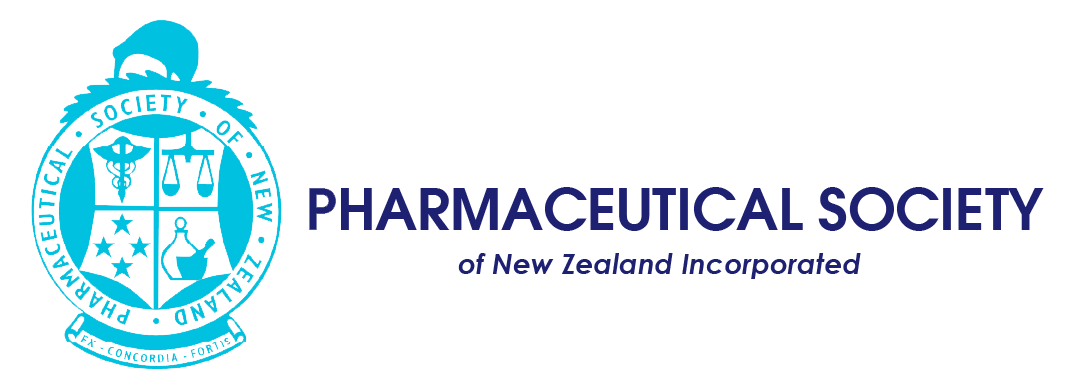World Pharmacists Day: Wider role for pharmacists would improve healthcare
Media release: 23 September 2020
According to the Pharmaceutical Society of New Zealand greater utilisation of the pharmacy workforce would improve primary healthcare in New Zealand.
As highlighted in the GP Workforce Survey, over the next five years, 27 percent of General Practitioners (GPs) intend to retire. Over the next 10 years, 47 percent intend to retire.
In July this year, the Pharmaceutical Society ran a poll asking pharmacists and members of the public to support their call for the government to enable pharmacists to provide wider healthcare services that are easy to access in the community. The poll reached 8,722 people and received over 1,100 votes, with 97% voting to let pharmacists do more.
To mark World Pharmacists Day on 25 September the Pharmaceutical Society of New Zealand talked to doctors and pharmacists about what healthcare services pharmacists could provide which would make a big difference to improving healthcare in New Zealand.
Both doctors and pharmacists highlighted many healthcare services where pharmacists could be taking a wider role, including vaccinations, warfarin management, gout management, throat swabbing for prevention of rheumatic fever, and national health screening programmes (e.g. blood pressure and blood glucose checks) run through community pharmacy.
However, medication reviews for patients with long-term conditions was the pharmacist healthcare service that doctors and pharmacists agreed would make the biggest difference to healthcare in the community and requires more funding.
According to Dr Andrew Miller, general practitioner from Northland, “There is a much wider role pharmacists could take in terms of long-term condition management. For instance, undertaking medicine reconciliation. Pharmacists are already doing this, but they are not empowered to do this for enough patients because of a lack of funding.”
This was backed up by Dr Kate Grimwade, infectious diseases specialist at Tauranga Hospital. “If we look at some of the data, about 10% of admissions to hospital are due to drug related issues.”
“A pharmacist working in general practice would have a single oversight of all the medications a patient is on and be able to complete medication reviews to reduce or prevent some of those admissions to hospital,” says Dr Grimwade.
“Particularly for elderly patients who may be on multiple medications, management of medication might be quite complicated.”
“For instance, a patient who requires titration of diuretics. Having a consultation with a pharmacist who can take the time to talk them through what is involved. That could make the difference between a patient having to go to hospital, rather than staying in their own home.”
As pharmacist, Di Wright explains, “Making medication review services more accessible could make a big difference, especially for those with long-term conditions. However, this is reliant on funding the service.”

